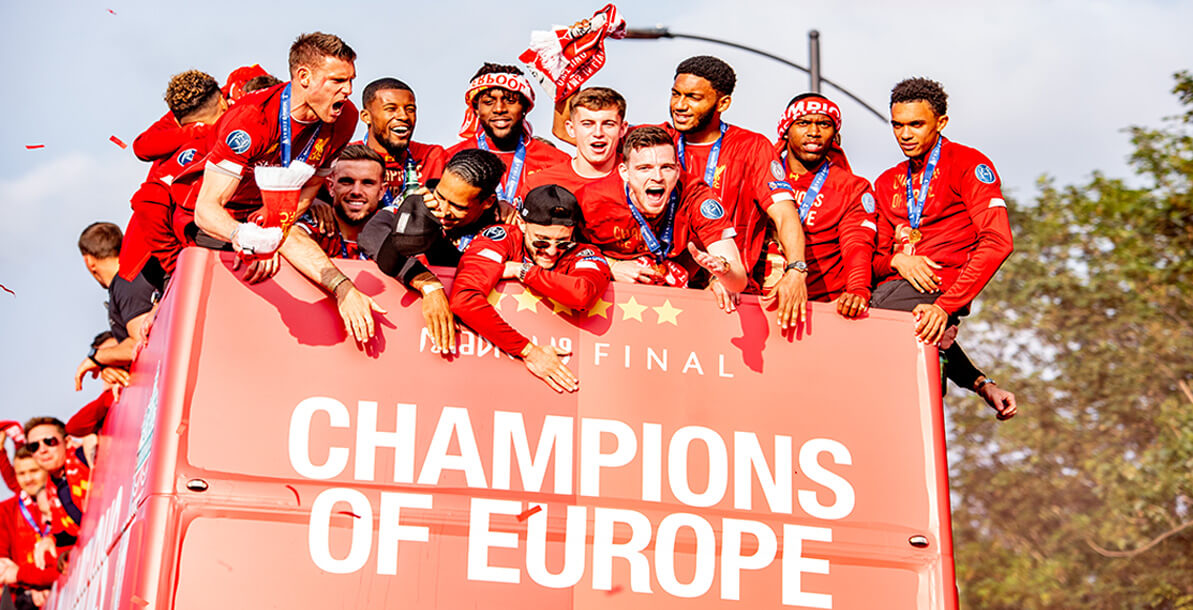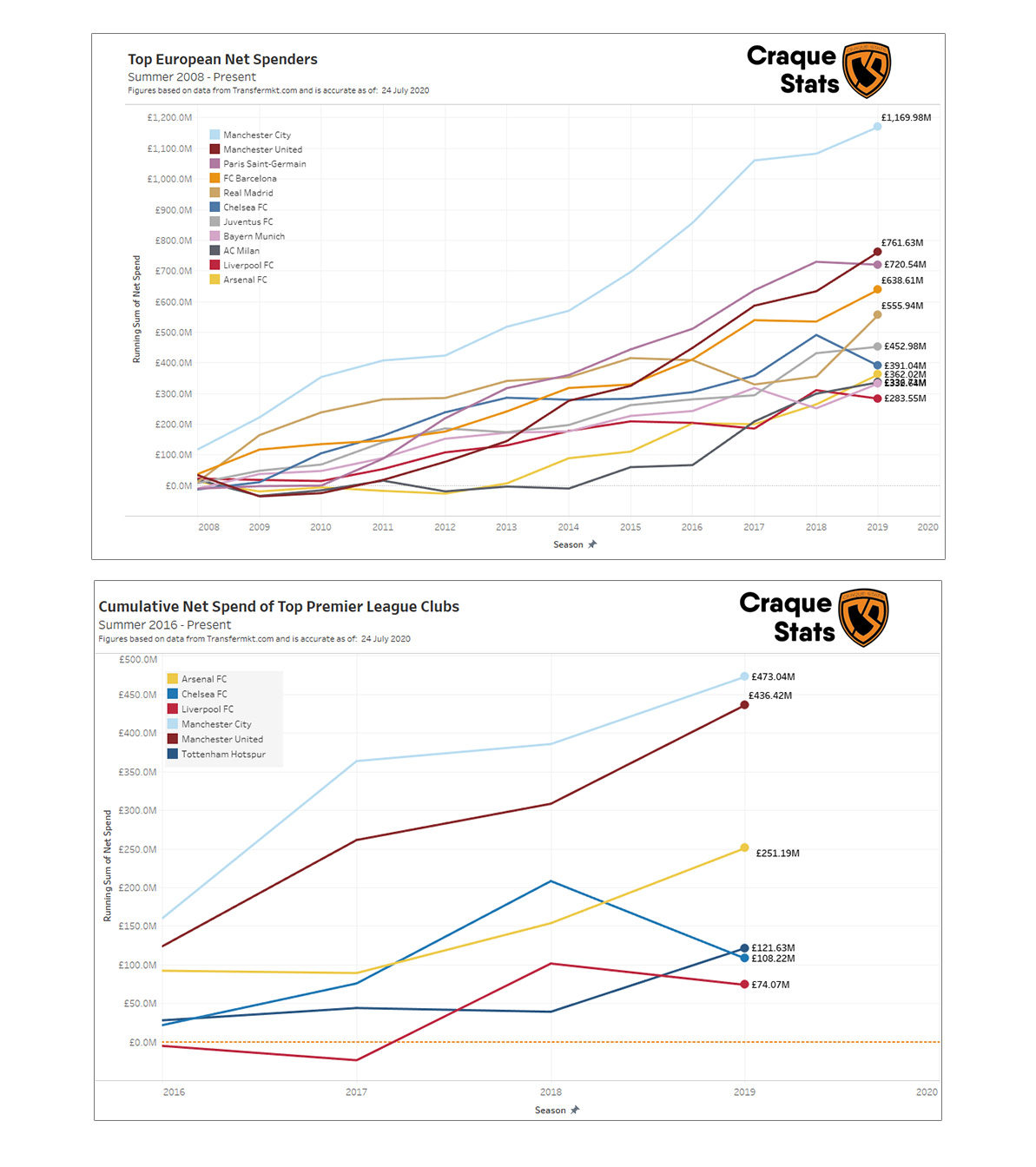Topics: Recruitment, Talent Advisory
Posted on July 30, 2020
Written By Aron Vaidya

To this day, most businesses still undermine the value of recruitment, training, and culture in their pursuit of achieving sustainable success. Could a well-structured Liverpool Recruitment Model help SMEs with constrained liquidity compete against large corporations with abundant capital at their disposal?
Look no further than Liverpool FC’s Recruitment Model! The success they’ve obtained within the past 14 months—Premier League 19/20 Champions, Champions League 18/19 Winners, UEFA Super Cup winners, and Club World Cup winners—is a result of years and years of hard work. A data-driven recruitment model, extensive coaching, and a reinvigoration of club culture, fueled by Jurgen Klopp, have played a crucial role in bringing Liverpool Recruitment Strategy back to its perch.
It has been a long, interminable wait—a 30-year wait to be precise—for Liverpool Recruitment Model to deliver a league title to its fans worldwide. And there have been loads of ups and downs over the past three decades. But one particularly dark moment that nearly shattered the club was when it was on the brink of administration in 2010 under the reign of then-owners Tom Hicks and George Gillett.
The club was subsequently acquired by Boston-based Fenway Sports Group (FSG) for £300 million, efforts spearheaded by John Henry and Tom Werner. Their on- and off-pitch success is evident, as Liverpool FC was valued at £1.7 billion in 2019, according to a Forbes report. However, the journey wasn’t smooth—they had to pass through choppy waters, undergoing a steep learning curve in the process.
Even before acquiring Liverpool FC, FSG was aligned with the Moneyball approach to recruitment, implementing it successfully in their baseball team, the Boston Red Sox. The Moneyball approach is a data-driven recruitment strategy that uses analytics, evidence-based insights, and sabermetrics to evaluate past performances and predict future potential—thus enabling recruitment decisions that build a high-performing team within a limited budget. FSG was keen on translating this success to Liverpool FC’s recruitment model.
However, Liverpool FC’s recruitment strategy initially failed. Hiring managers who were not aligned with the analytical talent acquisition team, setting a transfer strategy that didn’t suit the manager’s vision, and a disconnect between ownership and management led to several expensive recruitment mistakes.
A first step in the right direction! In came Jurgen Klopp, replacing Brendan Rodgers after a disastrous start to the 2014/15 season. Klopp’s tactical vision was clear, and unlike his predecessors, he was receptive to working with specialists in Liverpool FC’s recruitment model, including:
When questioned about the Liverpool recruitment model, Klopp dismissed concerns, saying:
“For me, it is enough to have the first and the last word; the middle we can discuss. I am not a genius. I don’t know more than the rest of the world. I need other people to get perfect information.”

This collaborative approach enabled Liverpool’s recruitment strategy to evolve. It also shows an important lesson in management—trusting experts and making data-backed decisions.
Klopp’s willingness to work with others, deferring specific aspects of the big game to the experts around him has contributed to the club’s success – It’s an excellent lesson in management.
Liverpool Recruitment Strategy is not just about buying players but finding undervalued talent with high growth potential. A Moneyball-inspired recruitment model has led to the signing of world-class players, including:
Virgil van Dijk (£75M), Alisson Becker (£66M), Sadio Mane (£34M), and Fabinho (£43M) – Players who elevated the squad through strategic, data-driven recruitment.

This proves that the most expensive candidates aren’t always the best fit—instead, hiring should focus on cultural alignment, work ethic, and skill set.
A few years ago, no one expected Liverpool FC’s recruitment model to compete against clubs like Manchester City, Manchester United, Barcelona, and Paris Saint-Germain (PSG). But through long-term planning, data-backed recruitment, and patience, Liverpool outperformed these wealthier clubs.
 The Liverpool recruitment model serves as a blueprint for businesses:
The Liverpool recruitment model serves as a blueprint for businesses:
For businesses struggling with hiring, outsourcing recruitment to an RPO partner can help streamline the hiring process, reduce costs, and improve talent acquisition.
A recruitment model is a structured approach to hiring, defining strategies, processes, and tools used to attract and select top talent.
As of the latest updates, David Fallows and Barry Hunter play key roles in Liverpool’s recruitment team, succeeding Michael Edwards, who was instrumental in Liverpool’s recruitment model.
Liverpool FC’s recruitment model demonstrates how a well-structured, data-driven hiring process can transform an organization. Whether in football or business, smart hiring, cultural fit, and strategic planning lead to long-term success.
Just as Liverpool turned doubters into believers, businesses can use a strong recruitment strategy to build high-performing teams and achieve sustainable growth.
Enjoyed our blog? Discover more about how our recruitment outsourcing process can slash your costs by up to 60%! Take the next step—book a call by entering your details.
Originally published Jul 30, 2020 12:07:34, updated Feb 20 2025
Topics: Recruitment, Talent Advisory